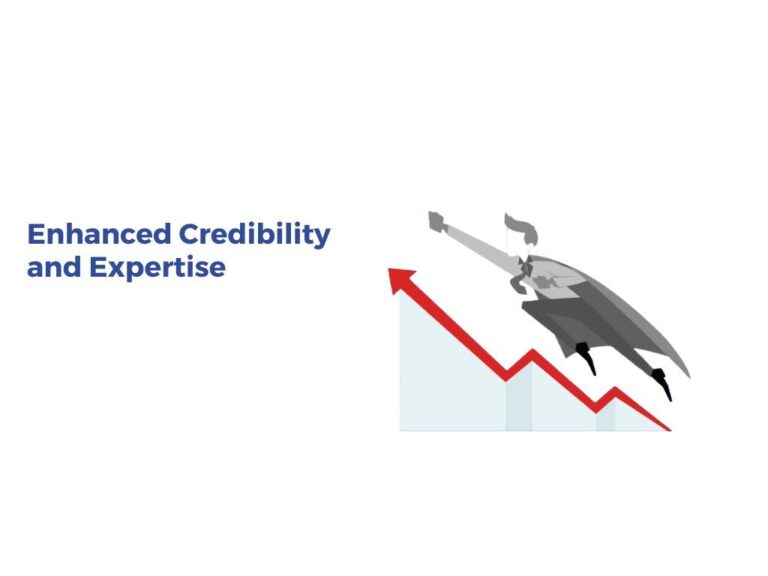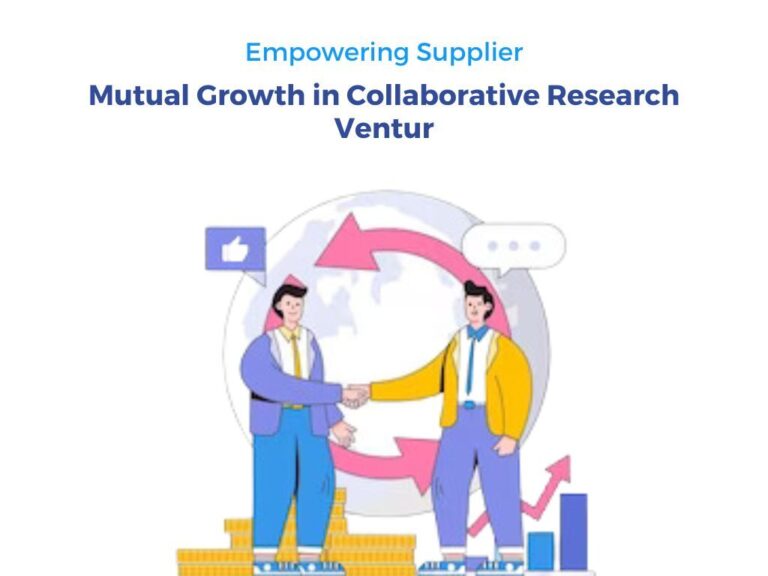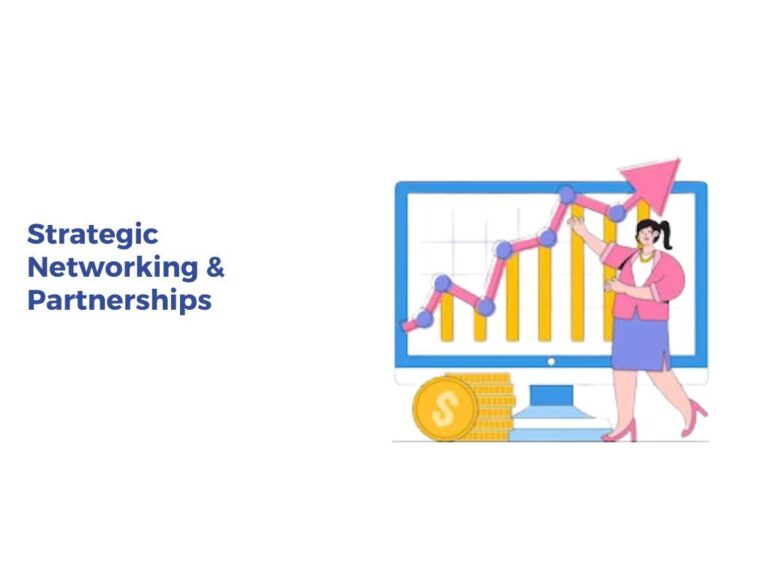Empowering Suppliers: Mutual Growth in Collaborative Research Ventures
In the intricate dance of collaboration between organizations and their suppliers within the realm of research, a symbiotic relationship unfolds. While research-oriented organizations benefit from the expertise and resources of their suppliers, the suppliers, too, find ample opportunities for growth and expansion. This blog explores the reciprocal benefits and strategies for suppliers looking to thrive in collaborative research ventures
Access to Broader Markets
Becoming a supplier for research-oriented organizations opens up avenues for suppliers to tap into broader markets. By aligning with organizations at the forefront of research and innovation, suppliers can showcase their products and services to a diverse clientele, expanding their reach and establishing a strong market presence


Enhanced Credibility and Expertise
Collaborating with reputable research organizations elevates the credibility and expertise of suppliers. Being associated with cutting-edge research projects enhances the perceived value of their products and services. This, in turn, attracts more clients and partners, fostering a positive cycle of growth for the supplier.
Opportunities for Innovation and R&D
Suppliers involved in collaborative research ventures often find themselves at the forefront of innovation. The exposure to diverse research projects stimulates creativity and encourages suppliers to invest in research and development (R&D) efforts. This commitment to innovation not only benefits the supplier’s existing clients but also positions them as leaders in their industry


Strategic Networking and Partnerships
Collaborating with reputable research organizations elevates the credibility and expertise of suppliers. Being associated with cutting-edge research projects enhances the perceived value of their products and services. This, in turn, attracts more clients and partners, fostering a positive cycle of growth for the supplier.
Market Intelligence and Trends
Suppliers embedded in collaborative research ventures gain invaluable insights into market trends and emerging technologies. Access to real-time data and firsthand exposure to evolving industry landscapes allow suppliers to adapt their offerings proactively. This market intelligence is a powerful tool for tailoring products and services to meet the ever-changing needs of the market.

Strategies for Suppliers to Thrive
Suppliers should focus on differentiating themselves by showcasing unique offerings and expertise. Highlighting specialized capabilities gives them a competitive edge and positions them as valuable partners in collaborative research projects.
To remain competitive in the fast-paced world of research, suppliers must continually invest in technology and skills. Staying abreast of the latest advancements ensures that they can provide cutting-edge solutions that align with the evolving needs of research-oriented organizations.
Building strong relationships with research partners requires proactive engagement and clear communication. Regularly updating organizations on new offerings, capabilities, and innovations helps maintain a strong and mutually beneficial collaboration.
The ability to adapt to changing project requirements and industry trends is crucial for suppliers. Flexibility in terms of services, pricing models, and delivery timelines ensures a responsive and adaptable approach, enhancing the overall collaborative experience.
A laboratory equipment supplier collaborated with multiple research institutions to co-develop specialized instruments tailored to their unique needs. This strategic collaboration not only resulted in the creation of innovative products but also established the supplier as a go-to partner for cutting-edge research projects globally
Conclusion
The collaboration between research-oriented organizations and their suppliers is a dynamic relationship that fosters mutual growth and success. For suppliers, the benefits extend beyond financial gains to include enhanced credibility, access to broader markets, and opportunities for innovation. By strategically positioning themselves as integral partners in the research ecosystem, suppliers can not only thrive in the present but also contribute to the advancement of knowledge and technology on a larger scale.

Pingback: Emergency response ||REAL ESTATE TRENDS-USA - opiniobox.com
You have mentioned very interesting details! ps nice web site.